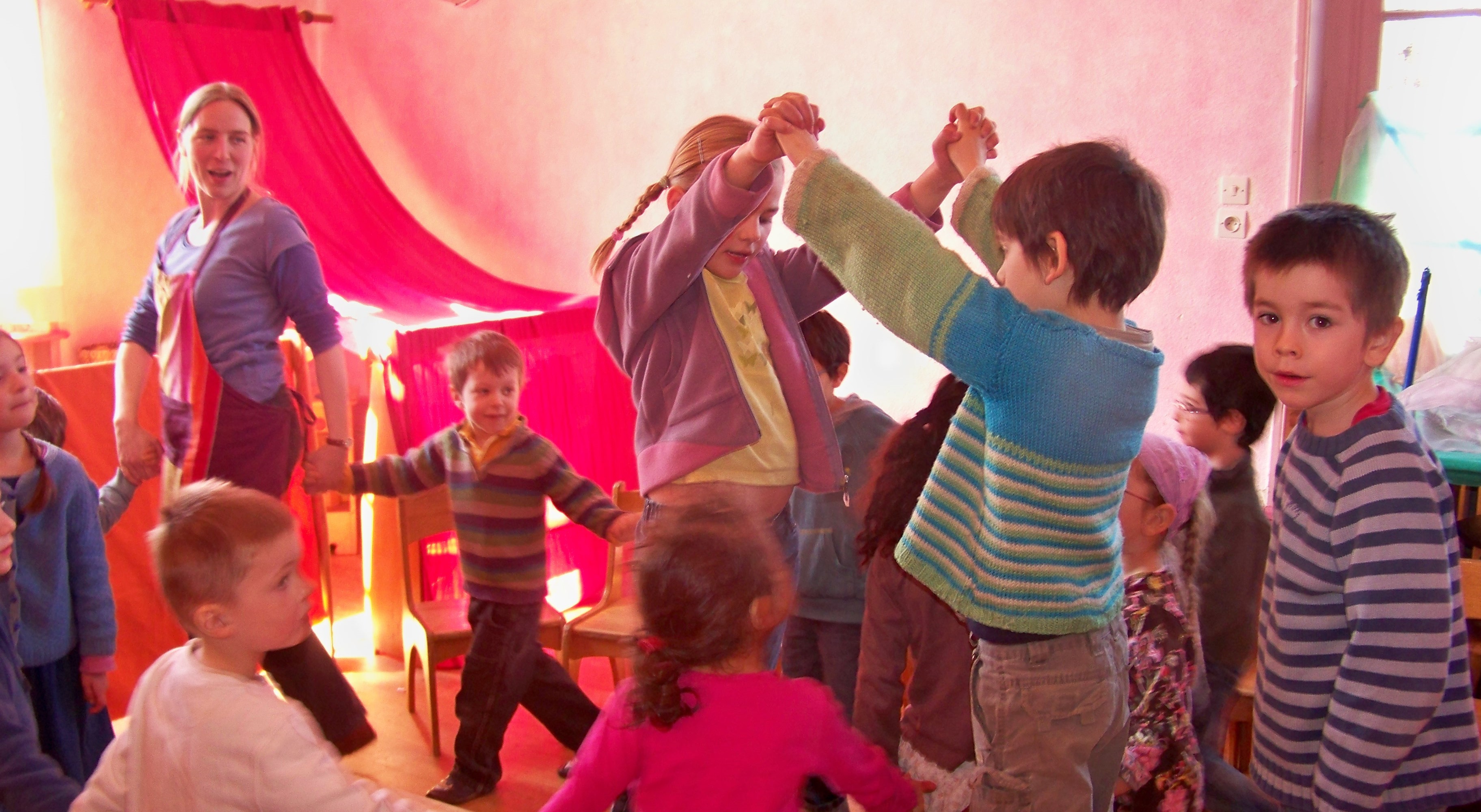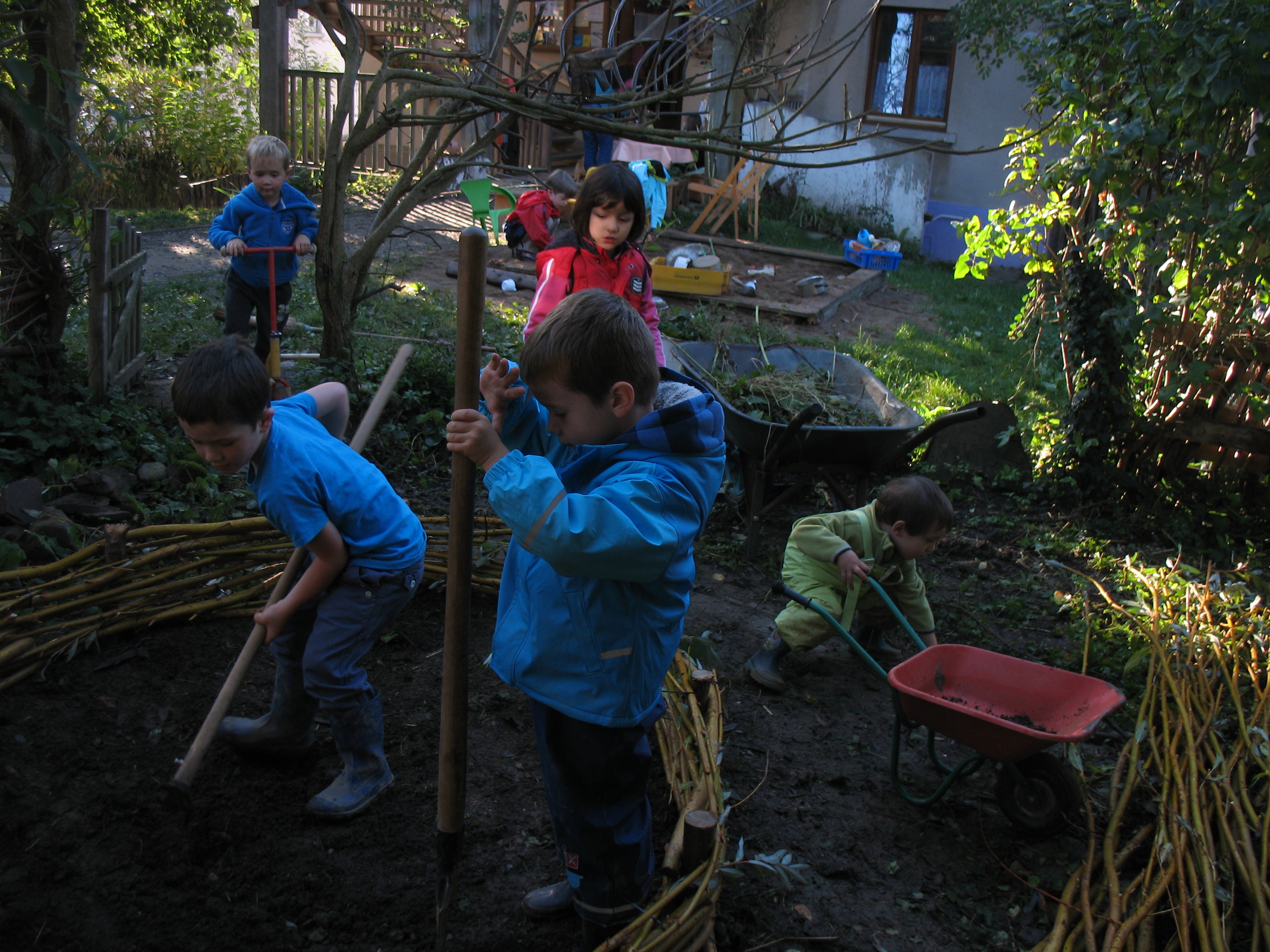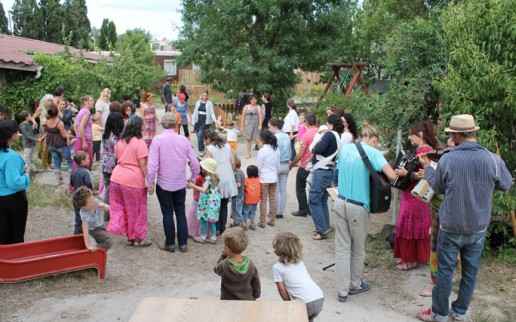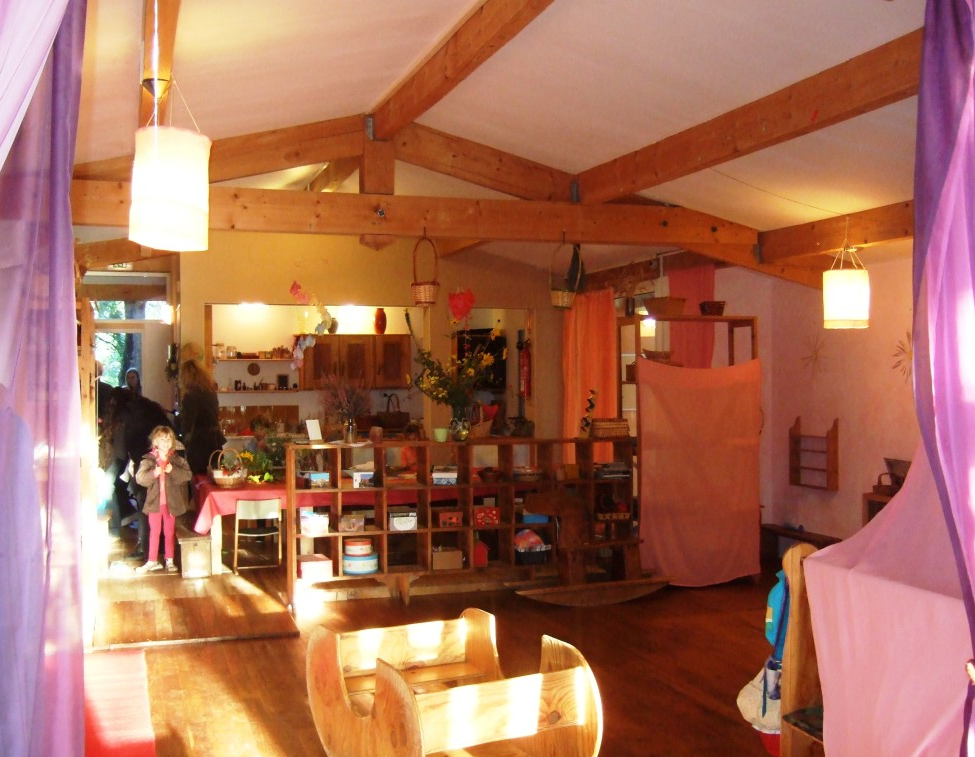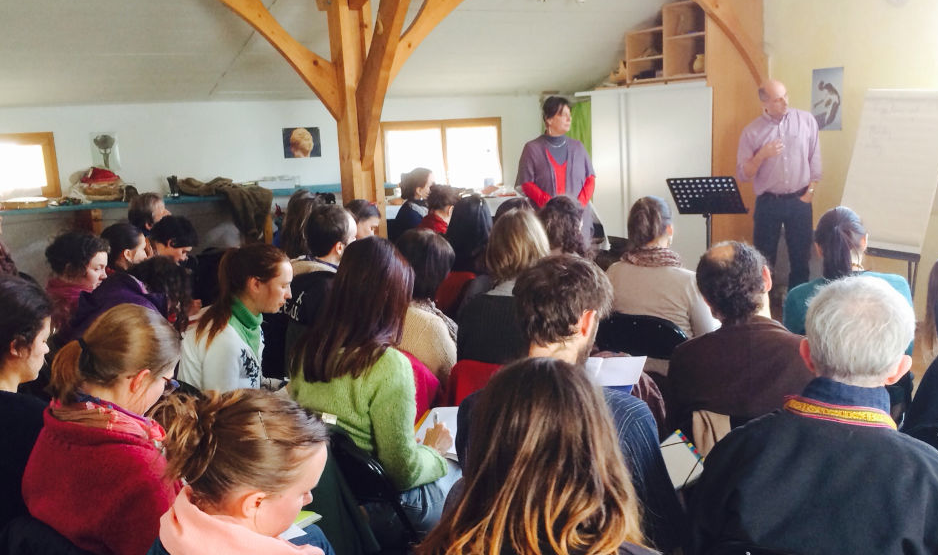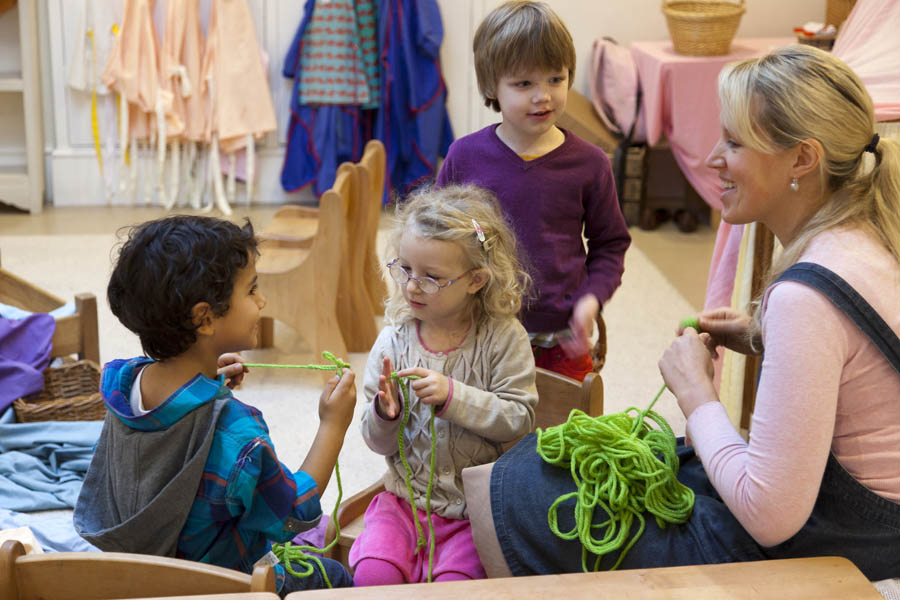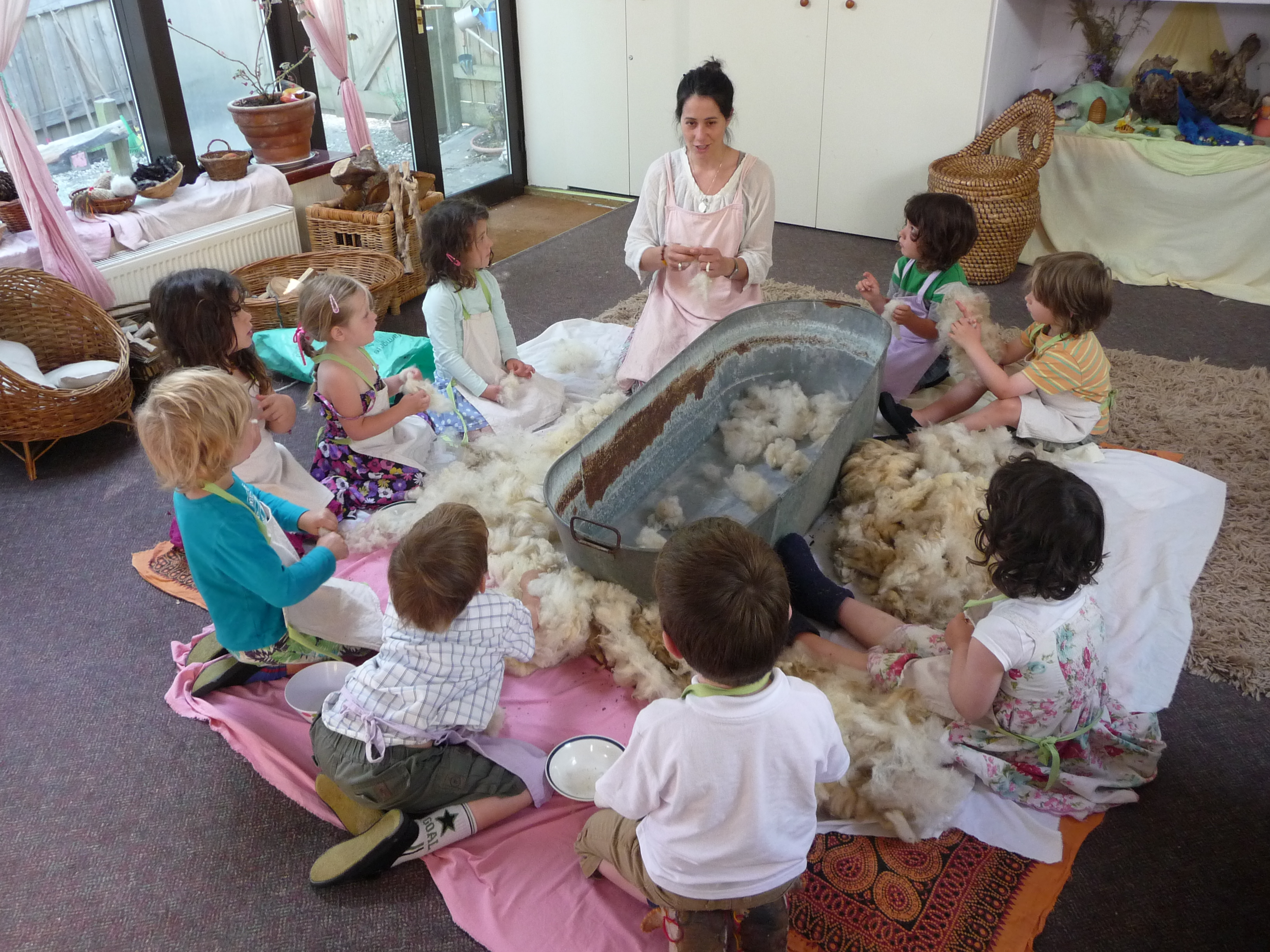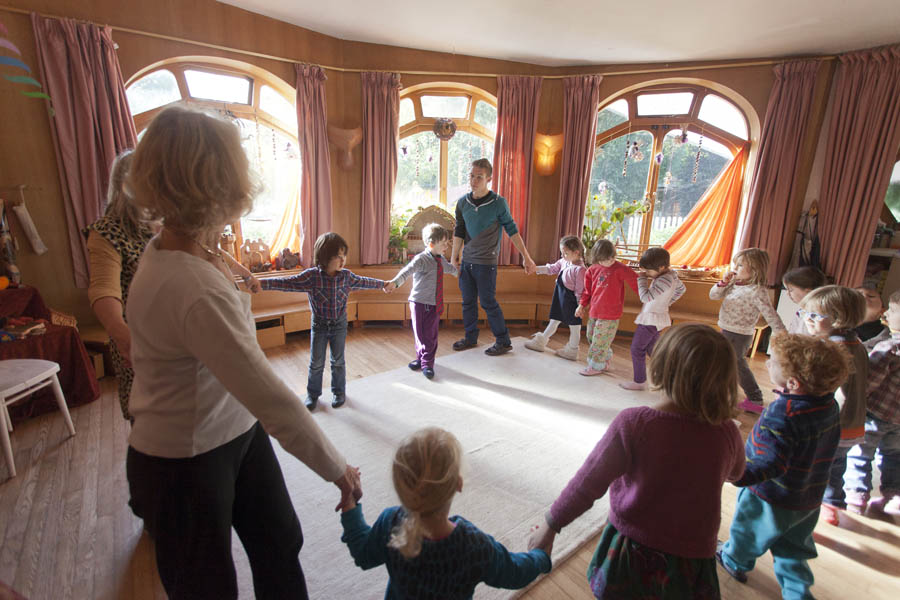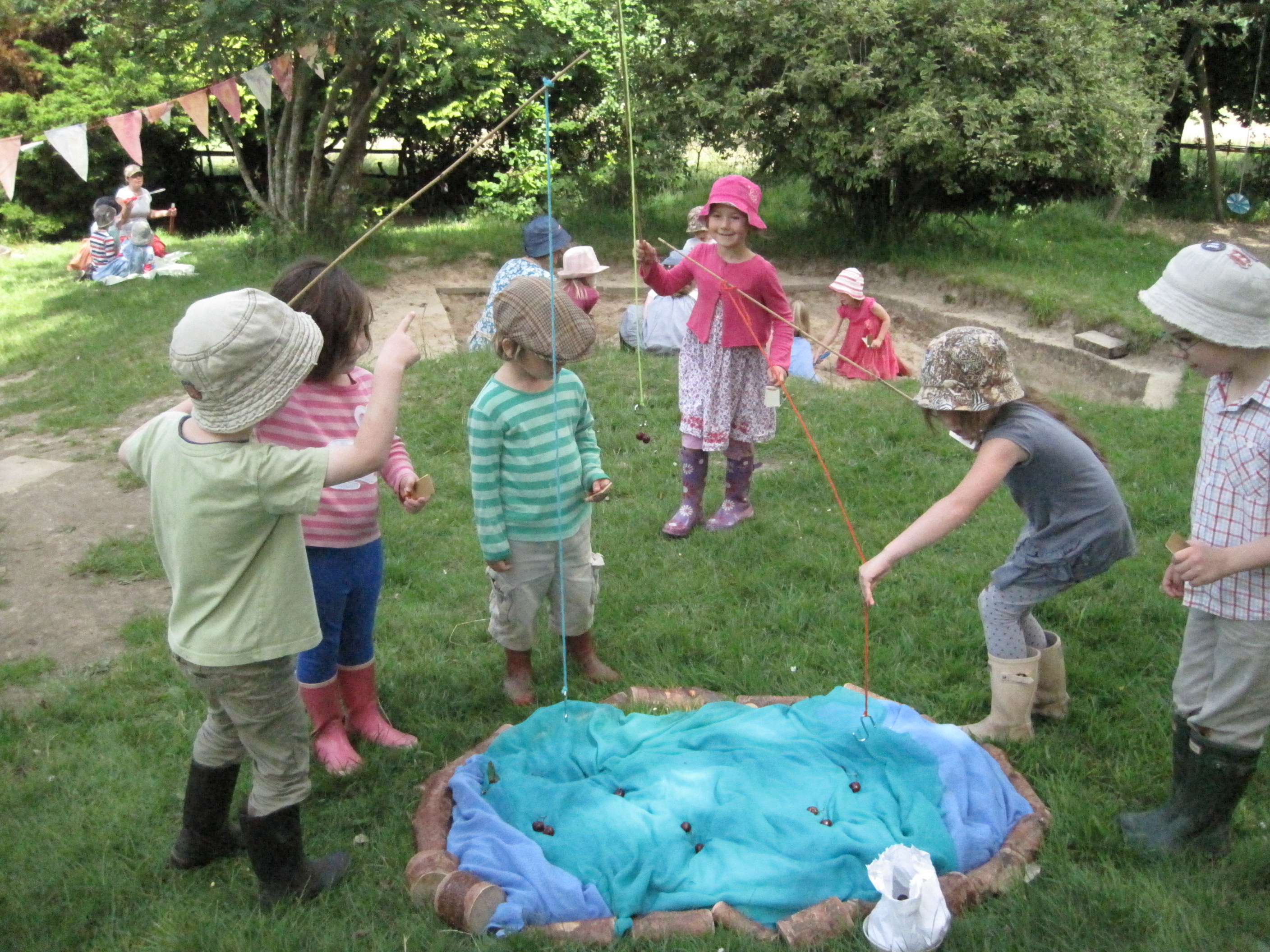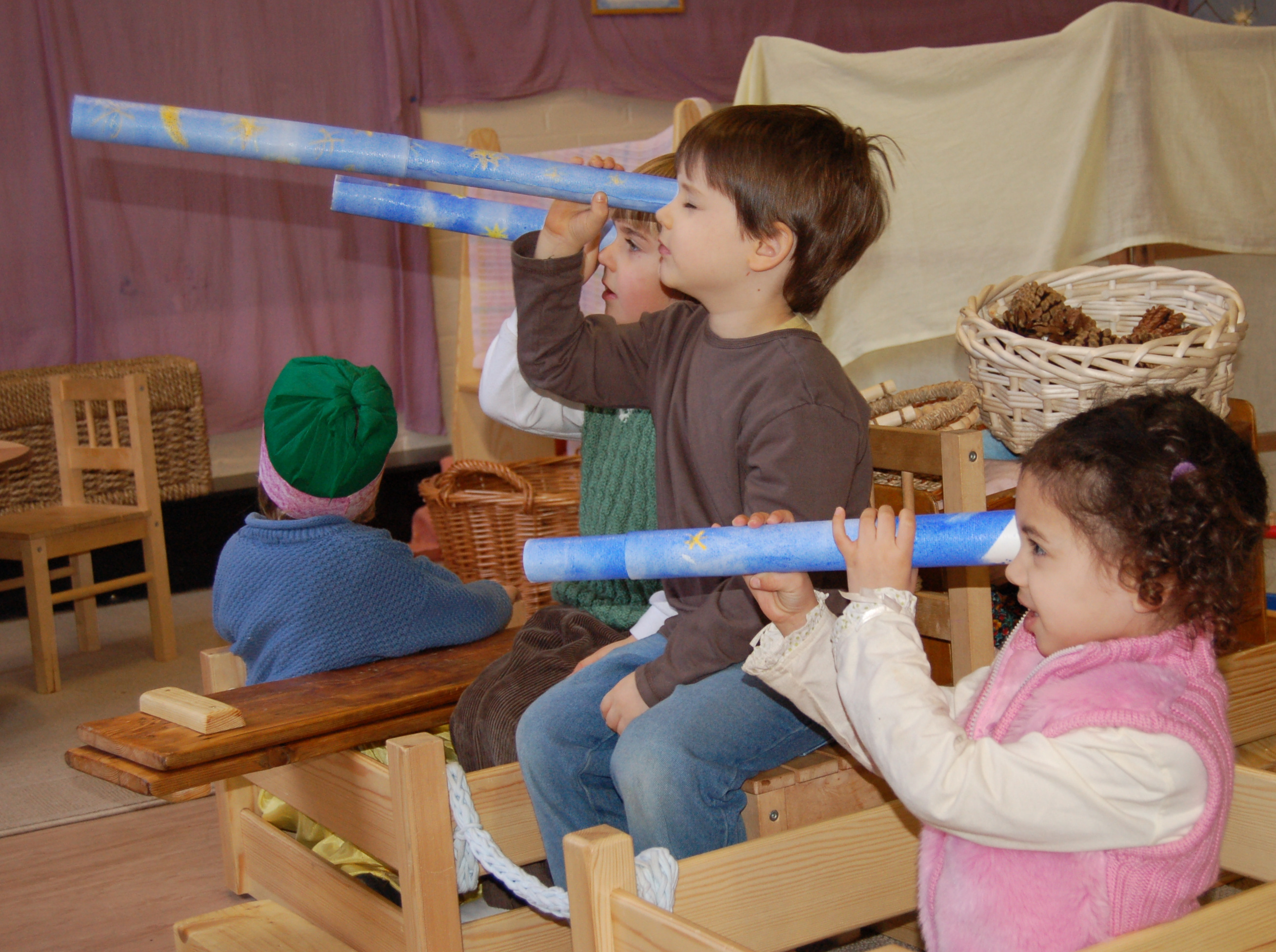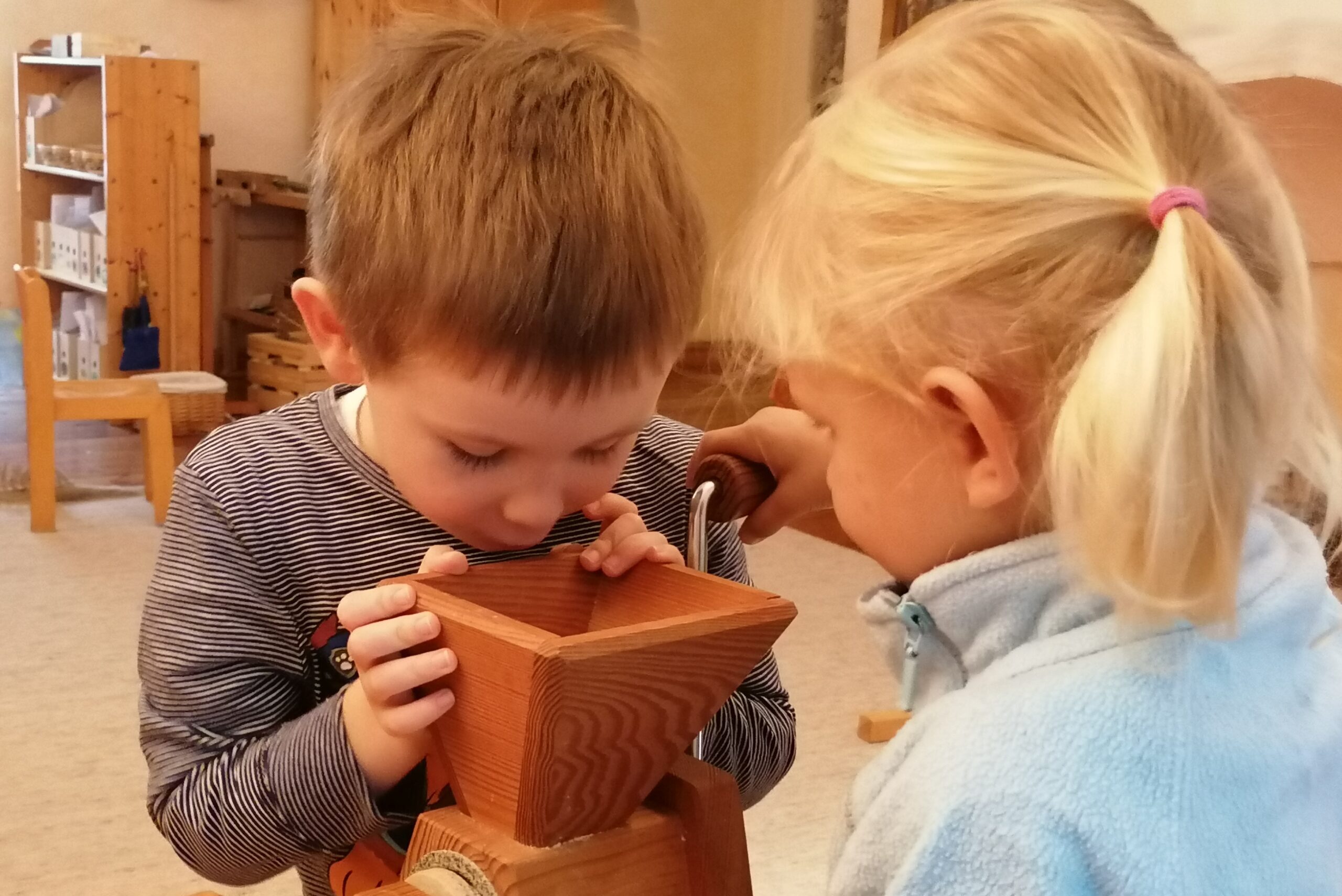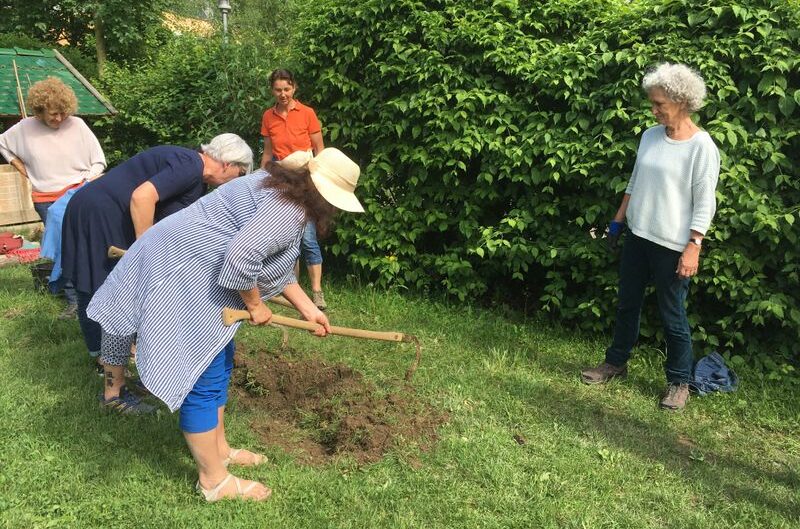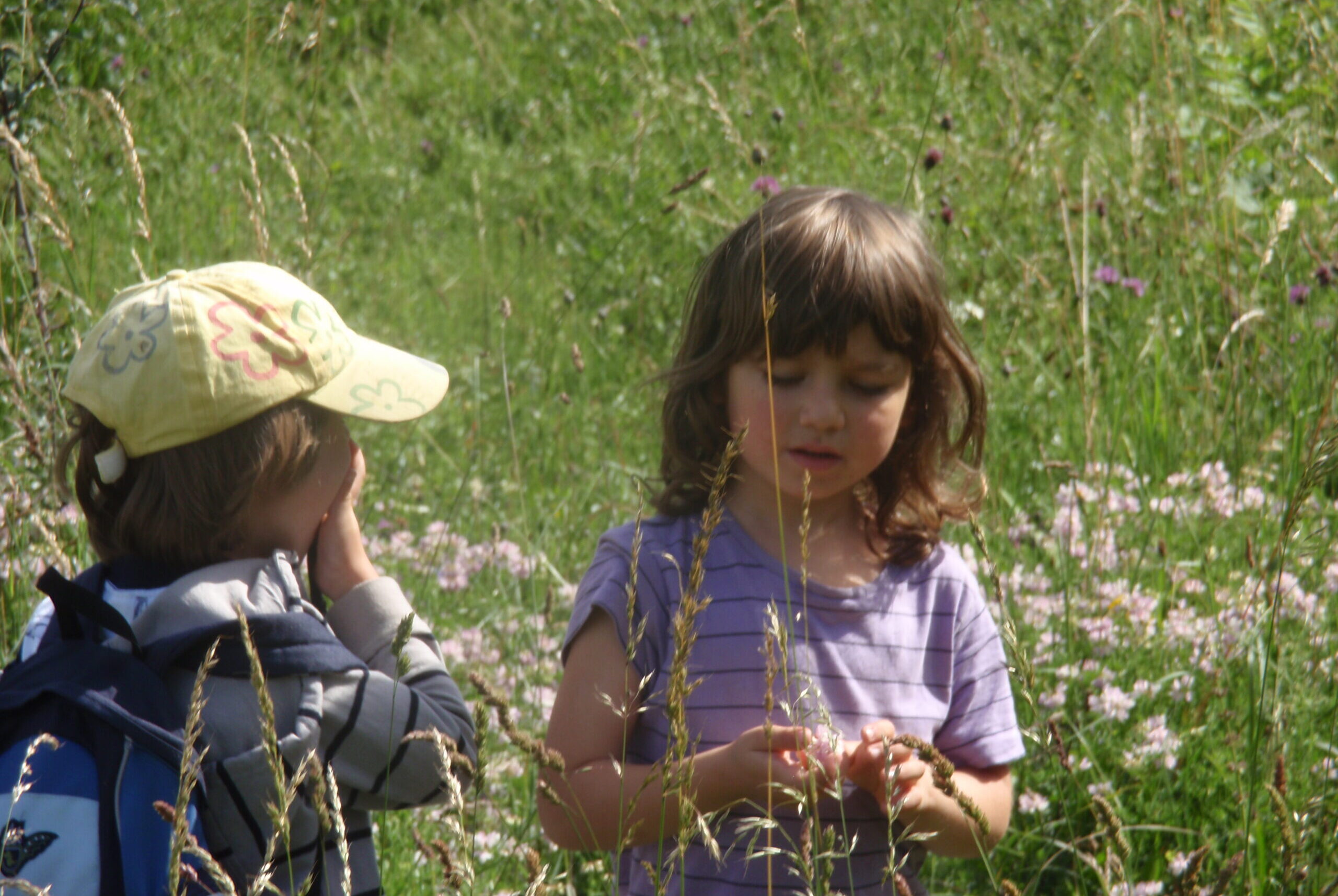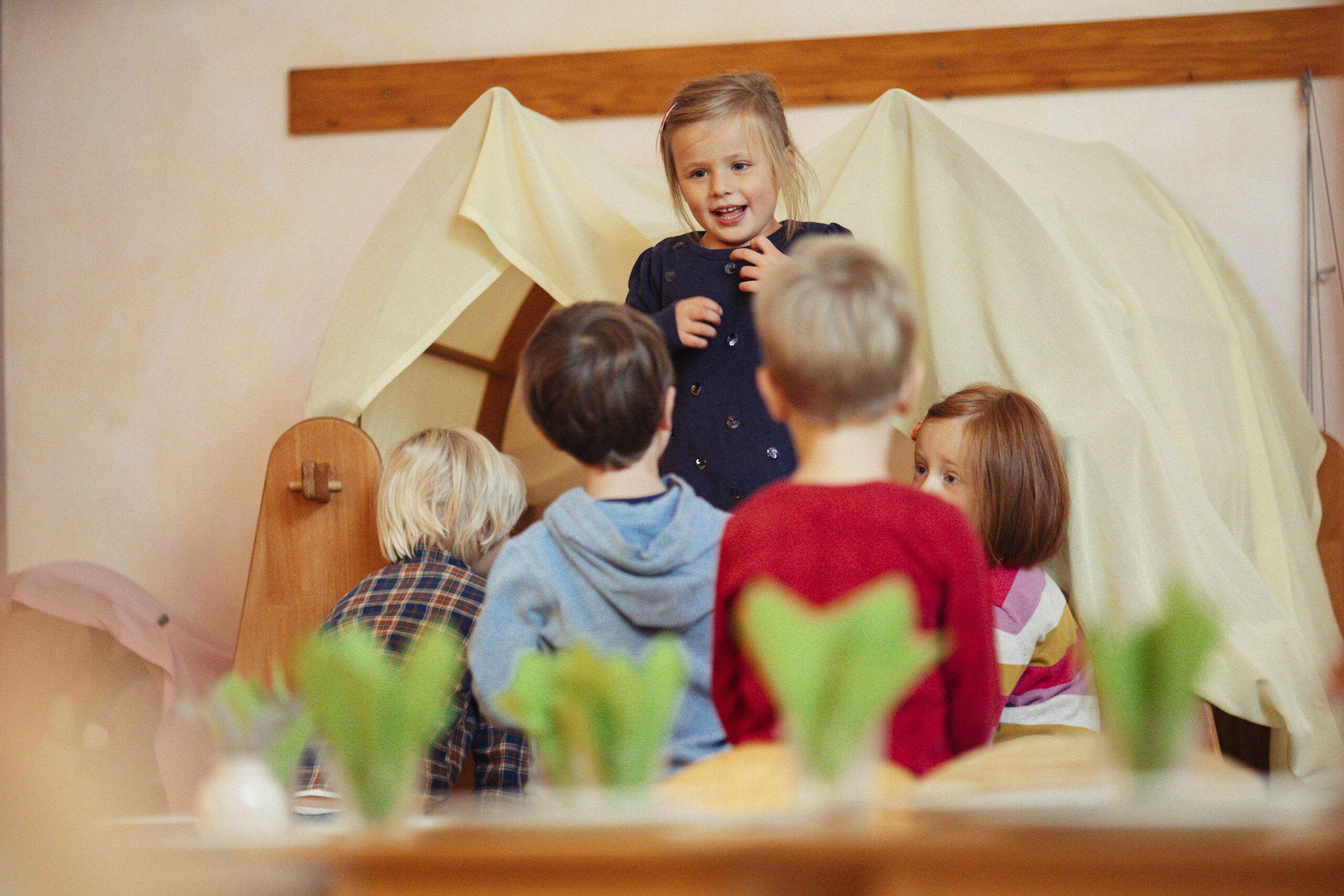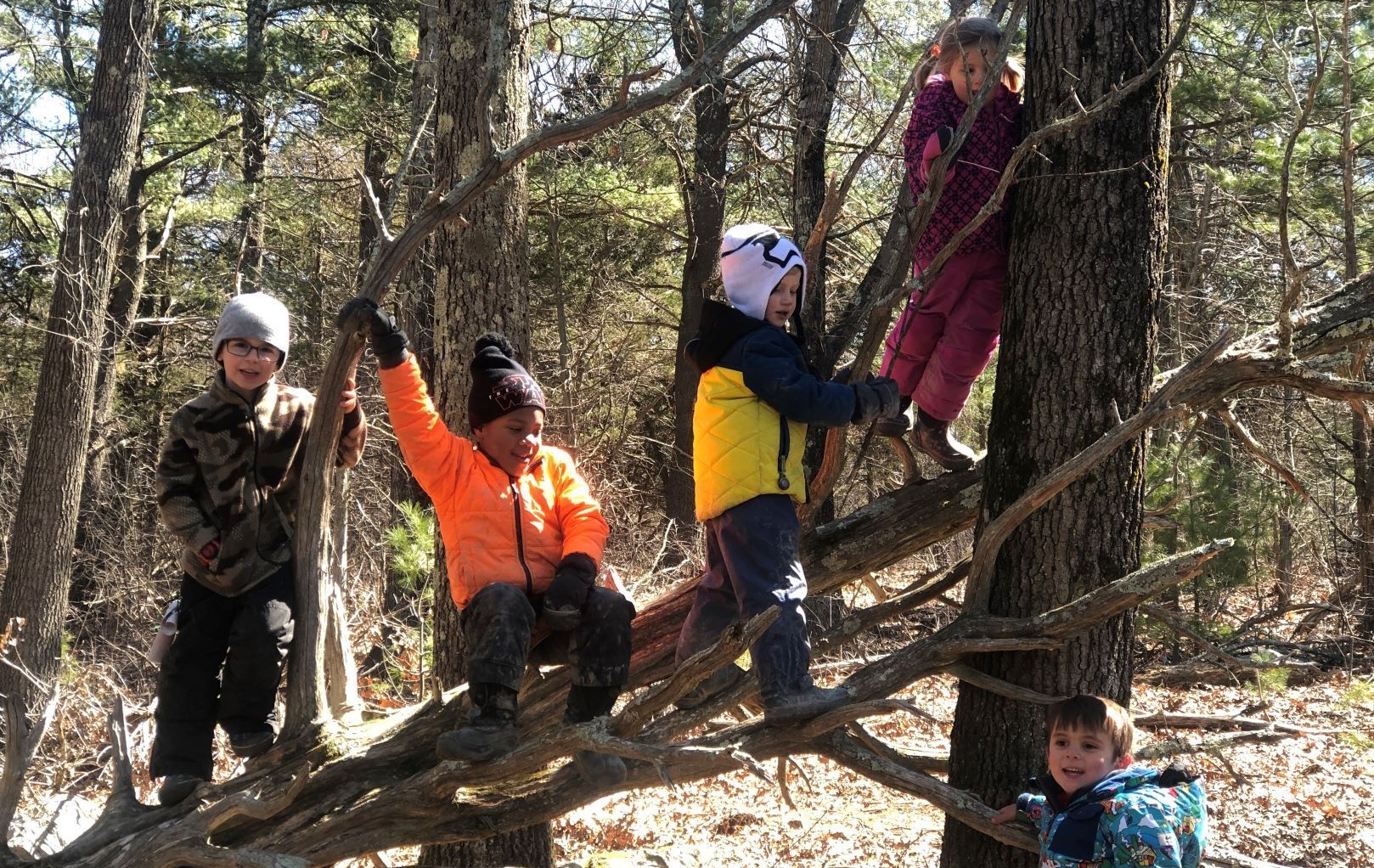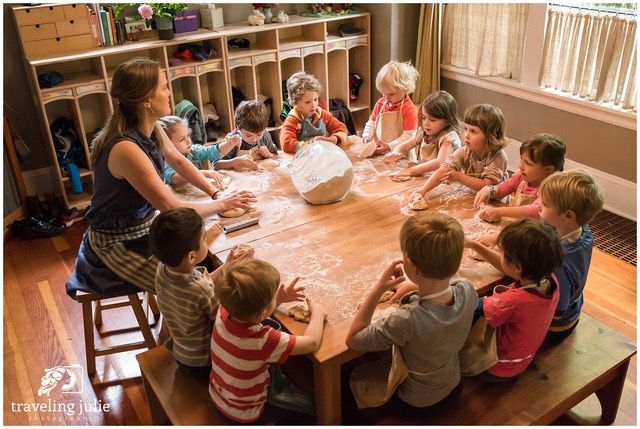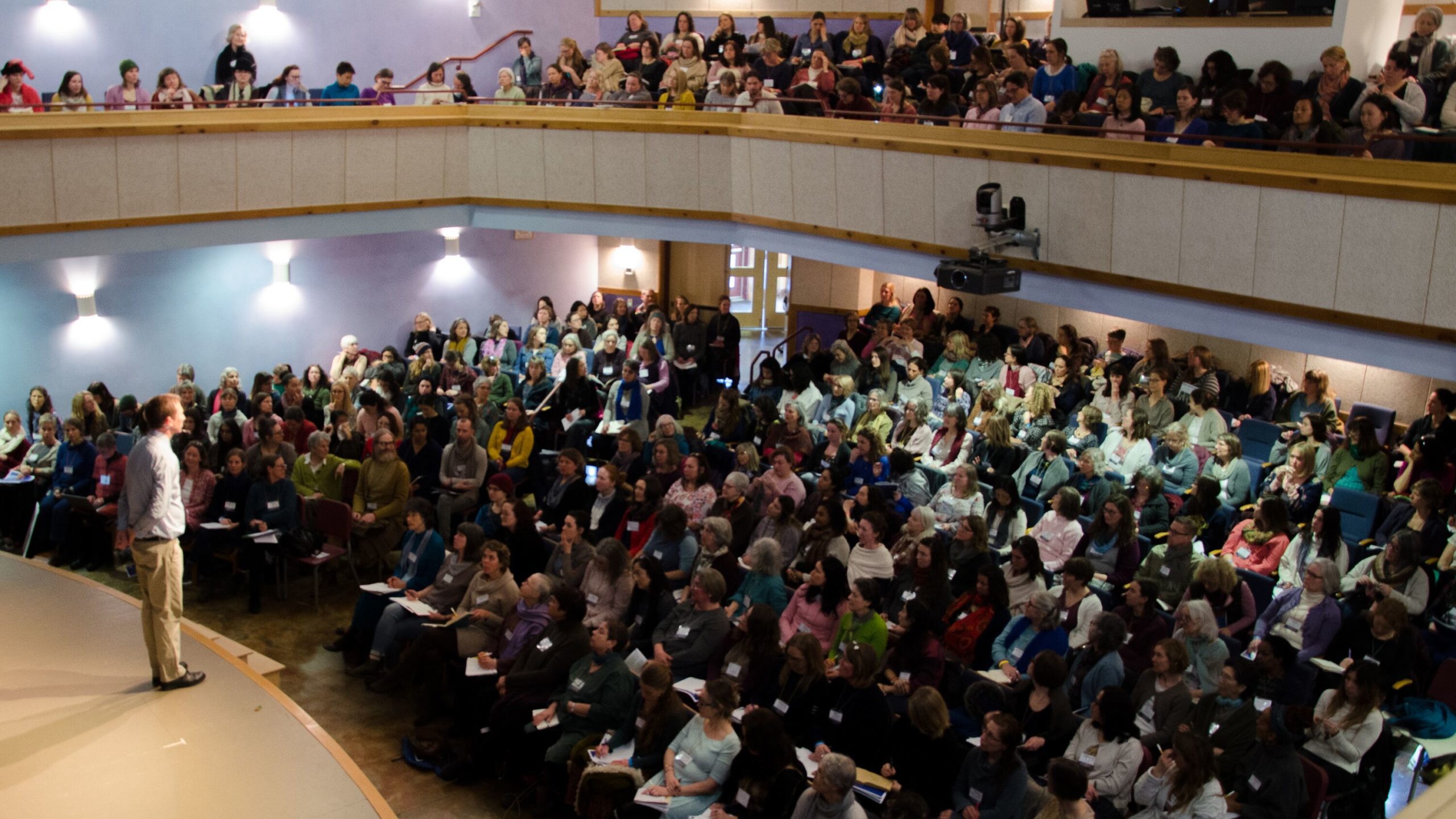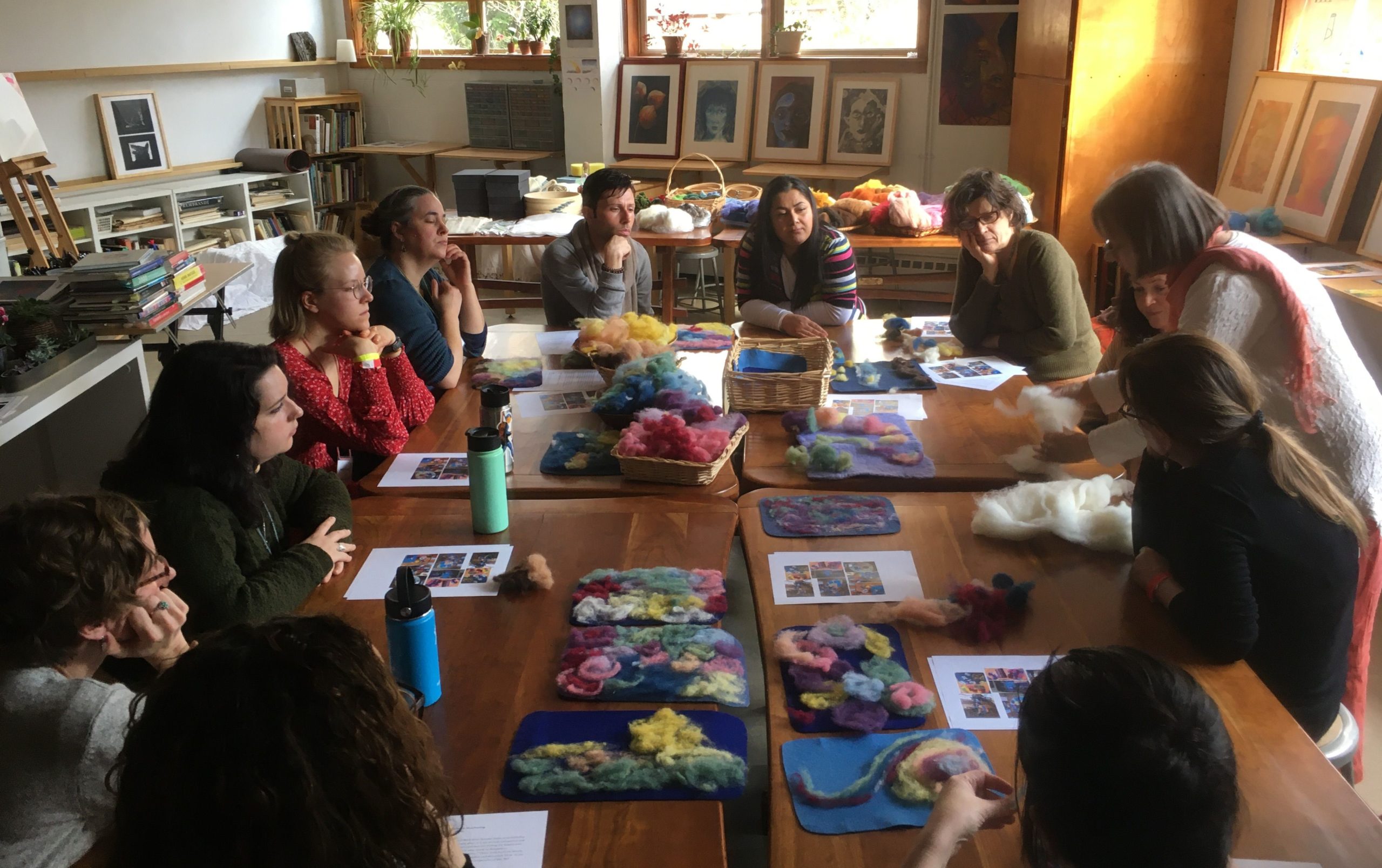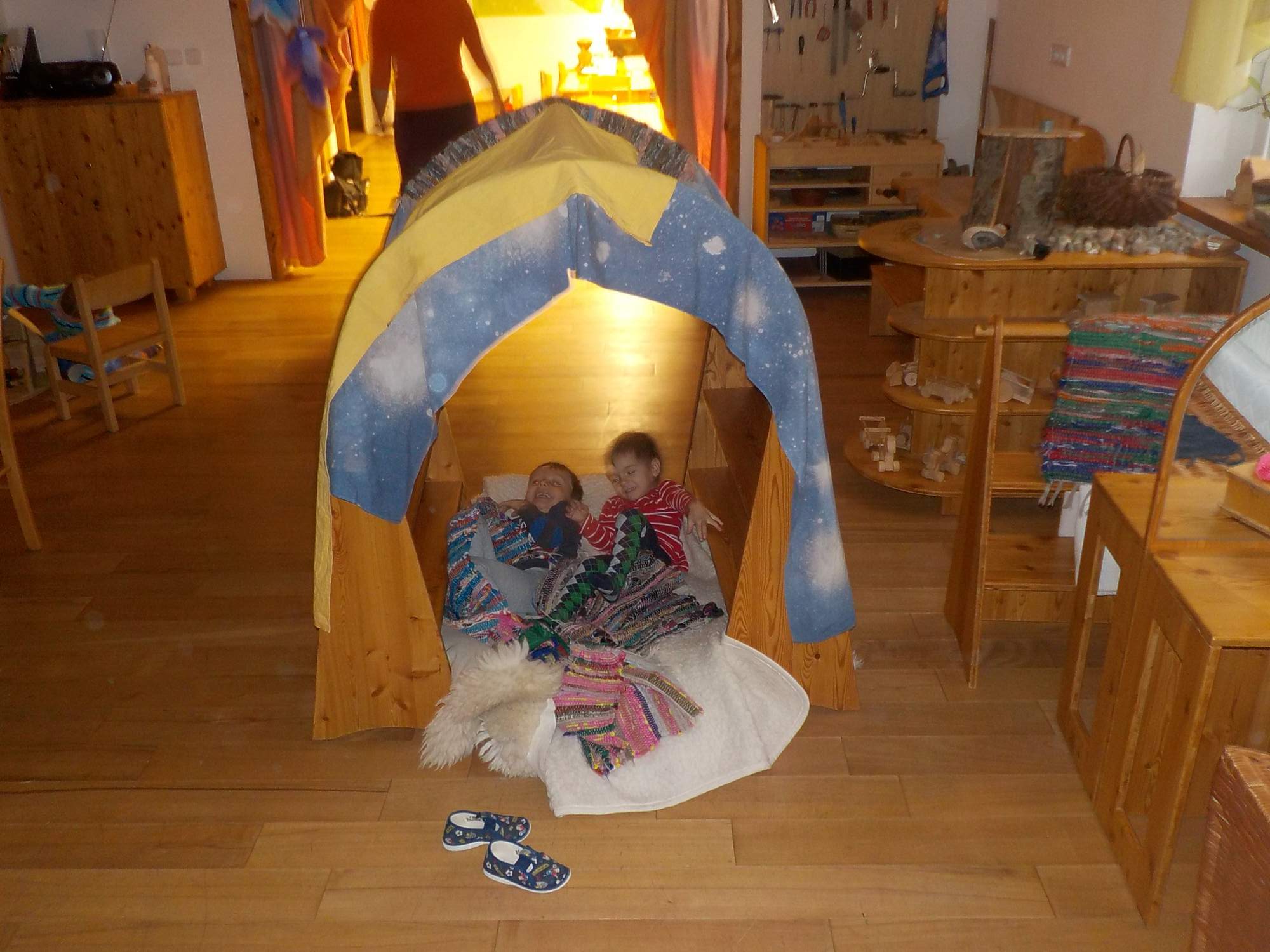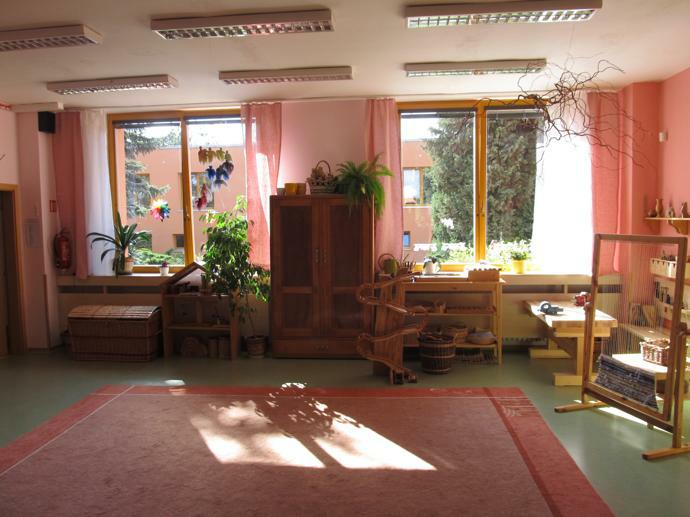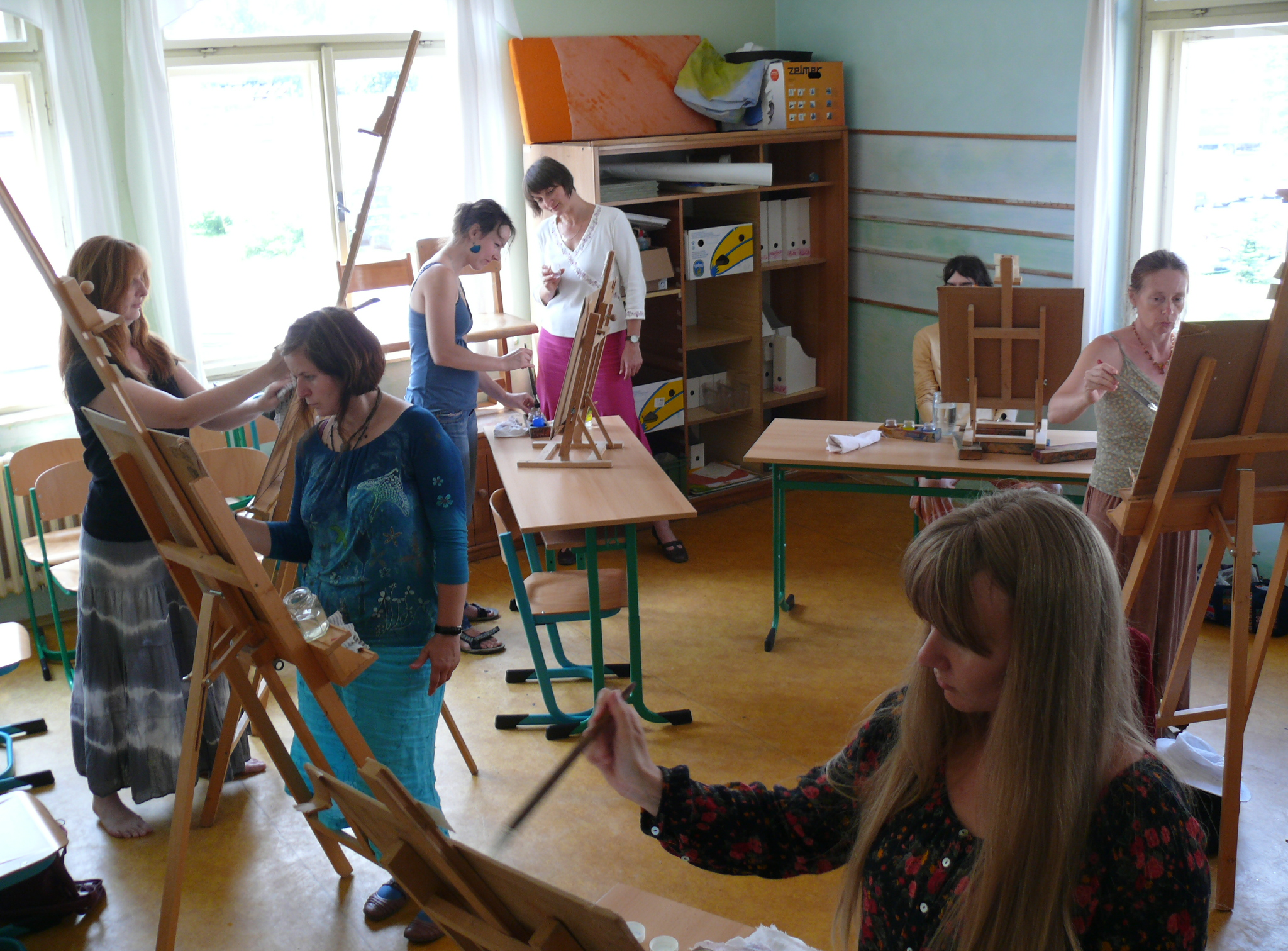There are 21 Waldorf kindergartens in France – approximately half of them are part of a Waldorf school. A large number are in or near Paris, Provence, the Riviera, and Alsace.
Financial support from the government is available only to schools and kindergartens that follow the national curriculum, and this does not leave much space for Waldorf education. Therefore Waldorf parents and educators often have a great deal of idealism and capacity for improvisation, necessary in order to fight for a space for free play in the centralized and highly regulated French school system.
Aside from the lack of funding, however, there are some very favorable working conditions: every kindergarten that does not receive government support has the greatest possible educational freedom, also in regard to school entrance age.
Training. Two training centers (in Chatou, near Paris, and in Avignon) offer three-year part-time training courses in Waldorf education. A number of trainers are making efforts to establish a state-recognized Waldorf early childhood training including Waldorf educational elements, but thus far without success.
Collaboration. Since 1995, Waldorf schools and kindergartens have been working together in the „Fédération des écoles Steiner-Waldorf.“ Each autumn there is a national meeting, and in spring there is a special conference for Waldorf educators working with children in the first seven years.
Care for the Very Young Child. There are five nurseries (child care centers) whose caregivers have a Waldorf orientation. A group of 15 trained Waldorf educators have recently completed a further training in birth to three care (with Michaela Gloeckler and Geseke Lundgren). This initiative group organizes regional training courses and is seeking to integrate preparation for birth to three work into existing training courses.
Looking back. Since the end of the 19th century, the education of children from age three has been part of the very strict secular federal school system. Since then, the „école maternelle“ has offered school activities for three- to six-year-olds at no charge. Thus it is no surprise that Waldorf kindergartens founded in 1949 in Strasbourg and shortly afterwards in Paris did not readily find successors. Only in the 80’s and 90’s when it became clear how difficult it is to reform the state school system, did a modest wave of new Waldorf kindergarten foundings begin.
Philipp Reubke is a Waldorf educator in Mulhouse/France und a member of the IASWECE Coordinating Group.
Website of the French Steiner-Waldorf Association of Schools and Kindergartens
Training in Chatou/Paris
Training in Avignon
